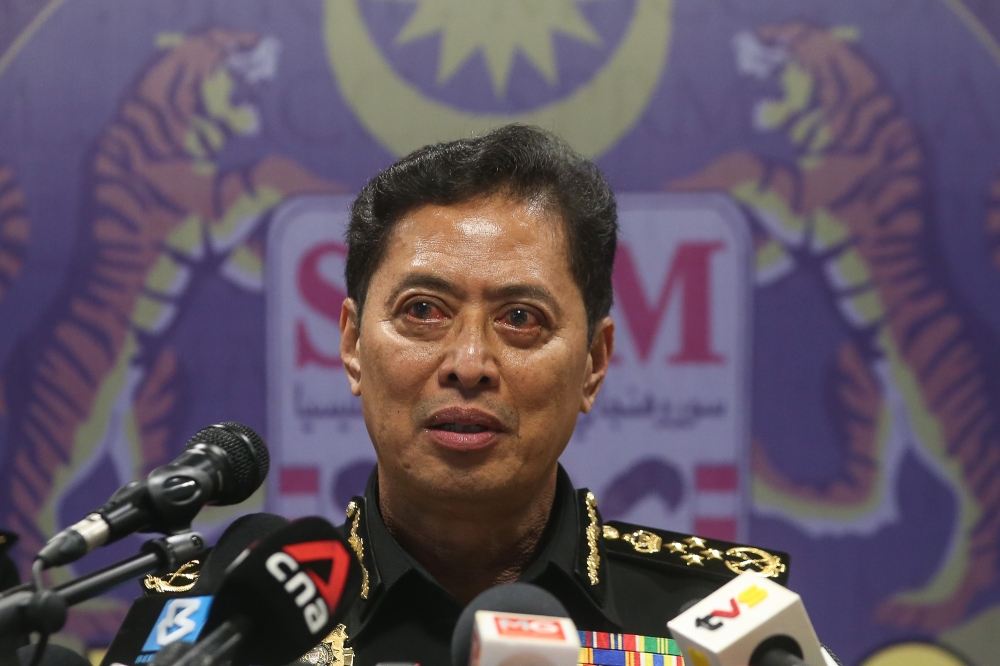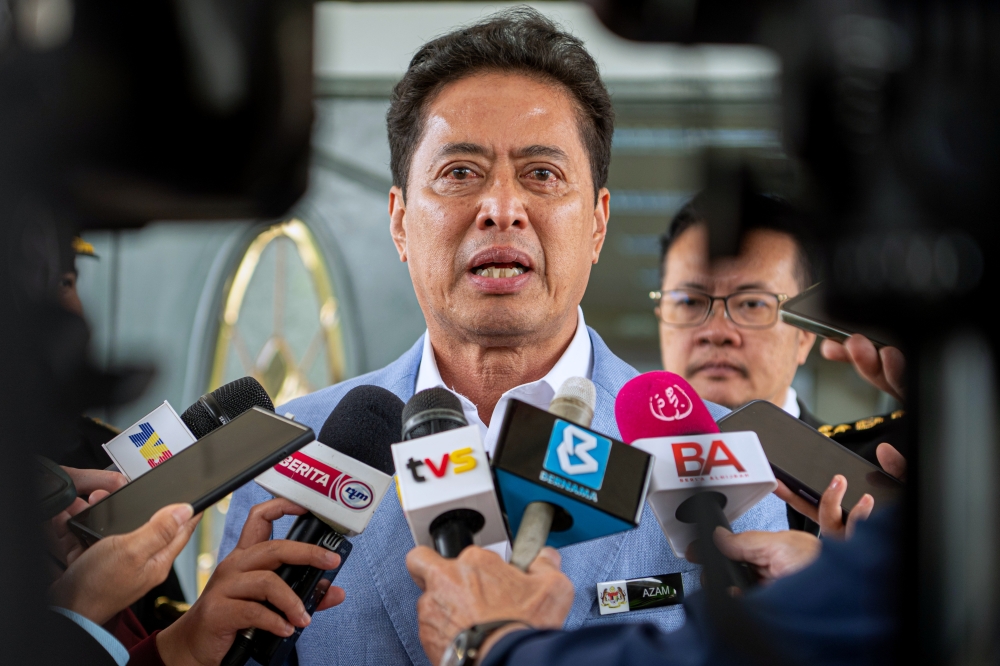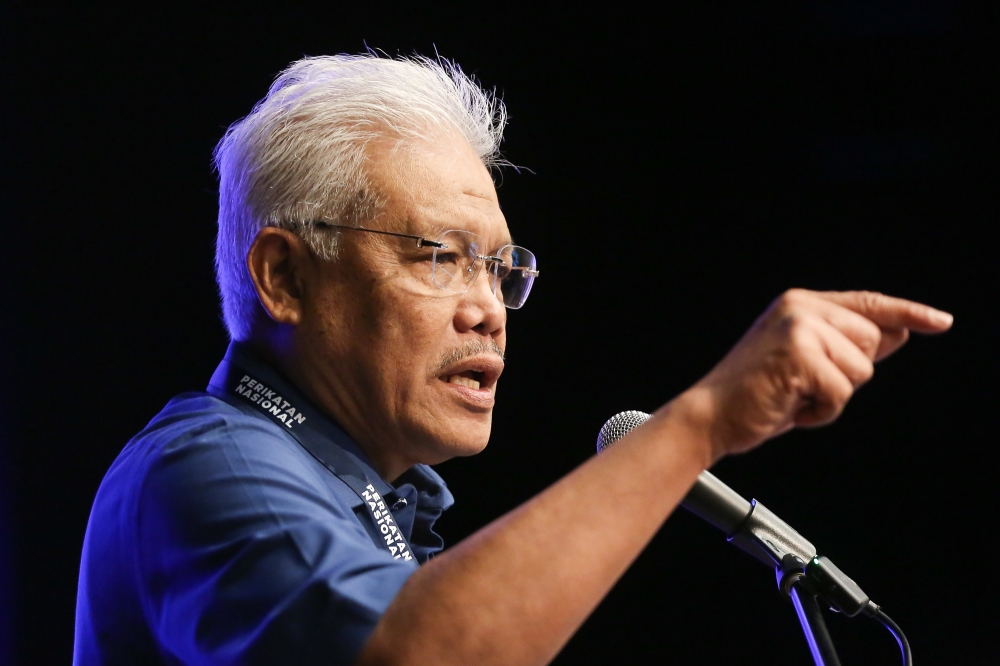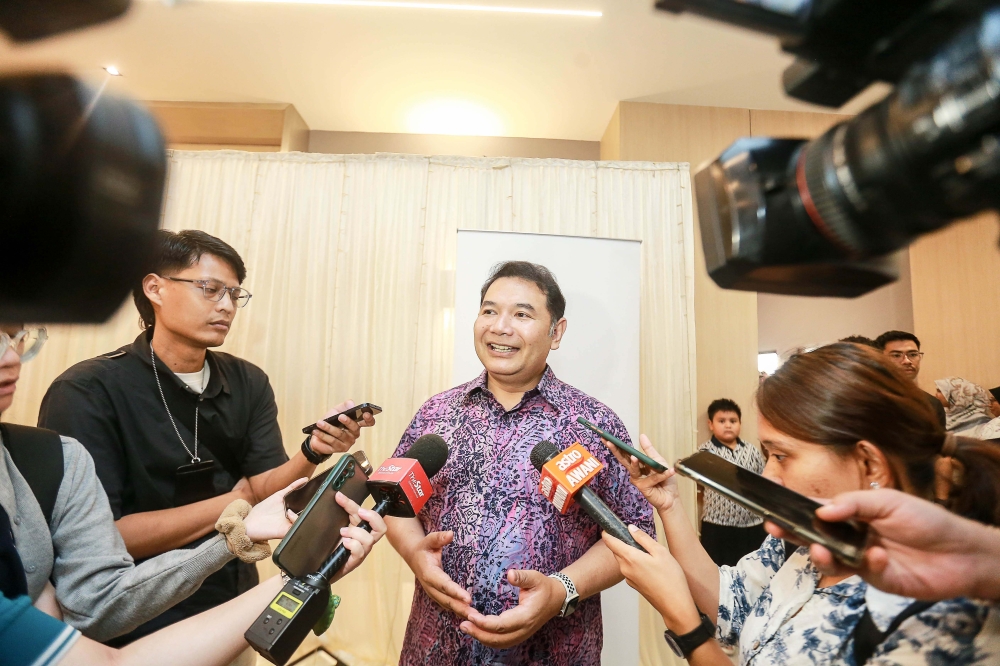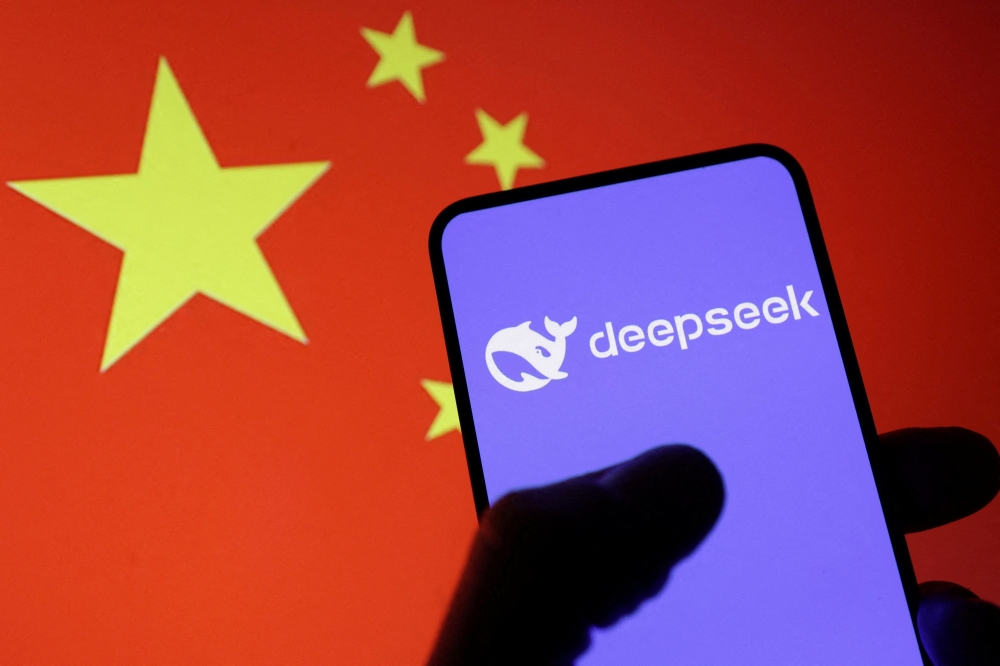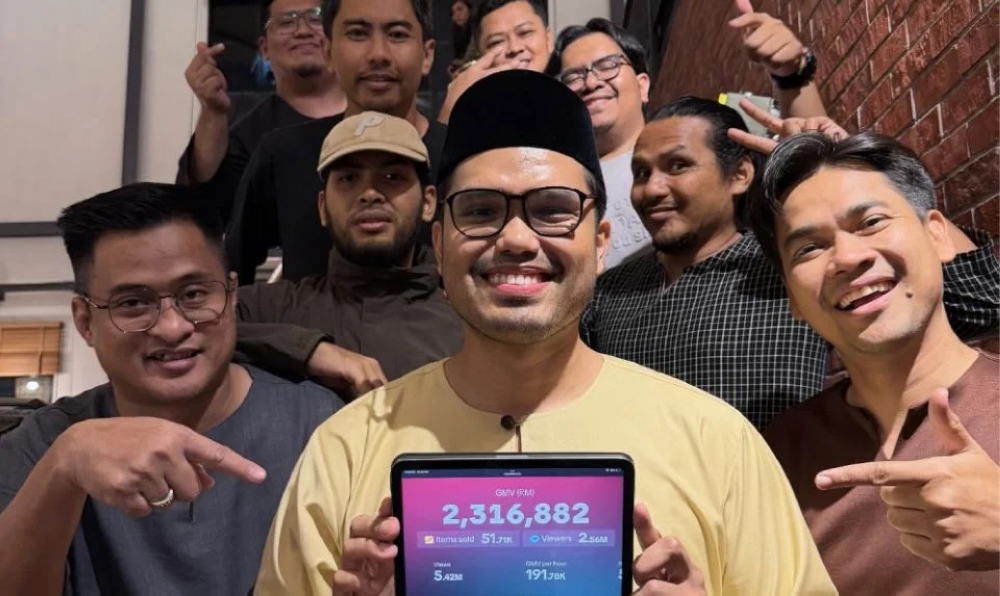LOS ANGELES, April 16 — Could gamers be the future of the music industry? This is the surprising theory put forward in a new report by Twitch. The streaming platform affirms that the most passionate video-game players could be a driving force for the music sector and, more importantly, generate large amounts of revenue.
Twitch and the music industry do not always see eye to eye. In June of last year, a lot of ink was spilled over an announcement by the Amazon subsidiary to the effect that it would be removing hundreds of music videos from its servers. The move was prompted by the influential Recording Industry Association of America, which had complained about multiple breaches of the Digital Millennium Copyright Act, the US law designed to protect artistic works from online piracy.
In spite of this controversy, Twitch has continued to push ahead with several initiatives to attract music lovers and industry professionals. In November last, the platform’s head of Product and Engineering in Music even went as far as to tweet, “Music is no longer a game on Twitch, it’s a full blown category!” The latest of these initiatives has taken the form of a report drafted by the video streaming giant in collaboration with the consultancy MIDiA Research. In substance, this document argues that the music industry has every interest in investing platforms frequented by video-game enthusiasts, among them Twitch.
Music is no longer a game on Twitch, it's a full blown category! LFG!!! 💪🏼💟🎶 #twitchmusic #futureofmusic pic.twitter.com/6LjntmIs5S
— Tracy Patrick Chan (@tracypchan) November 22, 2020
Gamers have a particular passion for music
The report explains that dedicated gamers are also the most devoted music fans. While subscribers to music library services spend an average of 6.9 hours per week listening to music streams, this figure rises to 7.6 hours per week for video-game enthusiasts. Gamers also spend a lot of money on their love of music. One in five buys merchandise in support of their favourite artists, while only eight per cent of consumers do. Nearly half (45 per cent) also subscribe to music streaming services like Spotify, Deezer or Apple Music, as opposed to 21 per cent of the general public.
Video-game fans are also more likely to attend online music performances (14 per cent vs nine per cent) which isn’t all that surprising. Many artists, like Travis Scott, Steve Aoki or Marshmello, are increasingly hosting such events on platforms frequented by gamers. Video-game publisher Epic Games has gone even further with the launch last September of a series of virtual concerts broadcast live on Fortnite.
“It’s a unique way to get in front of an audience that maybe you’re not reaching through other means,” explained Nate Nanzer, one of Epic’s representatives, to The Verge.
Twitch and MIDiA Research argue that the music sector could take advantage of all of these elements to generate new revenues. As they say in their report, “The real challenge for the music industry will be to reimagine and expand the way it currently participates in the gaming opportunity. […] Music experiences in games have also too often been focused on marketing and promotion, for driving streams and ticket sales. To realise the full potential, music needs to become part of the game experience itself and thus tap audience demand and unlock in-game spending, which is where the real money lies.” — ETX Studio



